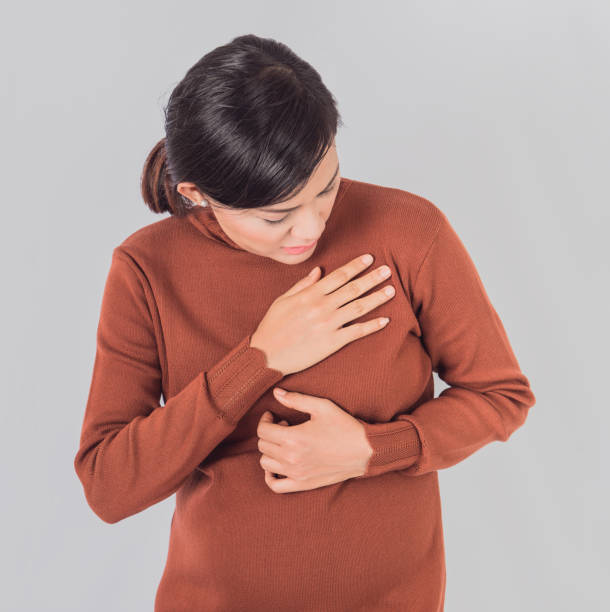Chest pain is a common medical concern, and it can affect anyone, including women. Chest pain can occur due to a variety of reasons, ranging from minor to serious conditions. Therefore, it is important to understand the symptoms of chest pain in women and the treatments available.
Symptoms of Chest Pain in Women
Chest pain in women can range from mild to severe and can be caused by various factors, including heart disease, lung problems, and gastrointestinal issues. The most common symptoms of chest pain in women include:
A squeezing or pressure sensation in the chest that may be accompanied by a heavy feeling
Chest discomfort or pain that spreads to the arms, neck, jaw, or back
Shortness of breath
Nausea or vomiting
Lightheadedness or fainting
Rapid or irregular heartbeat
It is important to note that chest pain can also be caused by less serious conditions, such as indigestion or muscle strain. Women who experience chest pain should seek medical attention immediately, as it could be a symptom of a more serious underlying condition, such as a heart attack.
Treatment for Chest Pain in Women
Treatment for chest pain in women will depend on the underlying cause of the pain. Some common treatments for chest pain in women include:
Medications: Anti-inflammatory drugs, such as aspirin and ibuprofen, can help relieve chest pain caused by muscle strain or arthritis. Nitroglycerin can also be used to relieve chest pain caused by angina or heart disease.
Lifestyle changes: Making changes to your diet and exercise routine can help reduce the risk of chest pain in women. Eating a healthy diet, maintaining a healthy weight, and engaging in regular physical activity can help improve heart health and reduce the risk of heart disease.
Surgery: In some cases, chest pain in women may be treated with surgery, such as angioplasty or coronary artery bypass surgery. These procedures can help improve blood flow to the heart and reduce the risk of heart disease.
Stress Management: Stress and anxiety can cause chest pain in women. Engaging in stress-management techniques, such as meditation, deep breathing, and yoga, can help reduce the symptoms of chest pain.
Conclusion
Chest pain in women can be a symptom of a variety of conditions, ranging from minor to serious. Understanding the symptoms of chest pain in women and seeking prompt medical attention can help prevent serious complications and ensure that the underlying cause is diagnosed and treated appropriately. If you experience chest pain, it is important to seek medical attention as soon as possible. Treatment options for chest pain in women can include medications, lifestyle changes, surgery, and stress management techniques.

 Home
Home Health
Health Diet & Nutrition
Diet & Nutrition Living Well
Living Well More
More












